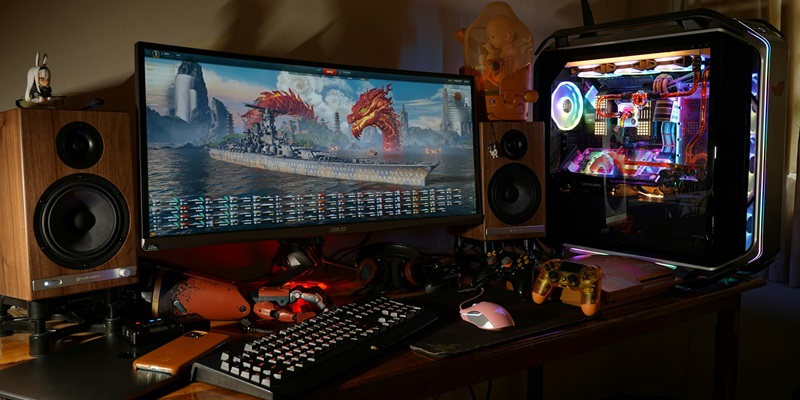The gaming industry is on the brink of a major shift, with blockchain technology at the forefront. This transformative tech introduces a new era for online gaming micropayments, which used to be both inconvenient and pricey. Through blockchain’s decentralized framework, in-game transactions are becoming significantly more efficient. The technology promises to deliver safer, more transparent, and cheaper methods for gamers to buy virtual goods, while offering developers innovative avenues to monetize their work. This progression signifies a departure from traditional transaction models, potentially leading to a redefined gaming economy. With blockchain’s integration, both gamers and creators stand to benefit from an upgraded and streamlined payment ecosystem, driving the gaming industry into a future where value exchange is as immersive as gameplay itself.
A New Horizon for In-Game Transactions
Blockchain micropayments are redefining the concept of in-game transactions with an unprecedented fusion of efficiency and accessibility. Traditional online payment systems, entangled with intermediaries, often slow down the gaming experience with delayed transactions and high fees. Blockchain operates without such intermediaries, paving the way for instantaneous and direct micropayments that heighten the fluidity of virtual economies. Gamers can now enjoy a seamless transaction process that naturally aligns with the rapid pace of modern gaming.
What’s more, the characteristic transparency of blockchain allows for the validation and tracking of virtual assets. This increased oversight is a boon for trust within the gaming space. Gamers can readily authenticate the rarity of collectibles, and developers can ensure fair trade policies. This transparency not only fosters trust but also contributes to a well-regulated virtual economy where digital assets hold tangible value.
Elevating Gameplay with Smart Contracts
Blockchain is revolutionizing gaming by introducing smart contracts that facilitate automatic in-game transactions. These contracts trigger rewards and events when conditions are satisfied, streamlining rewards and enabling sophisticated economies. The global gaming community benefits immensely as blockchain allows for effortless cross-border interactions without the usual barriers. This creates a unified network of players, engaging with ease.
Moreover, the integration of blockchain micropayments represents more than a new payment mechanism – it signifies an economic and cultural evolution within gaming. Security, trust, and fluid transactions become the new norm, reshaping gaming dynamics and digital asset management. The horizon is broad, with the potential of NFTs and the gamification of blockchain itself, signaling an exciting era for gamers and developers.

